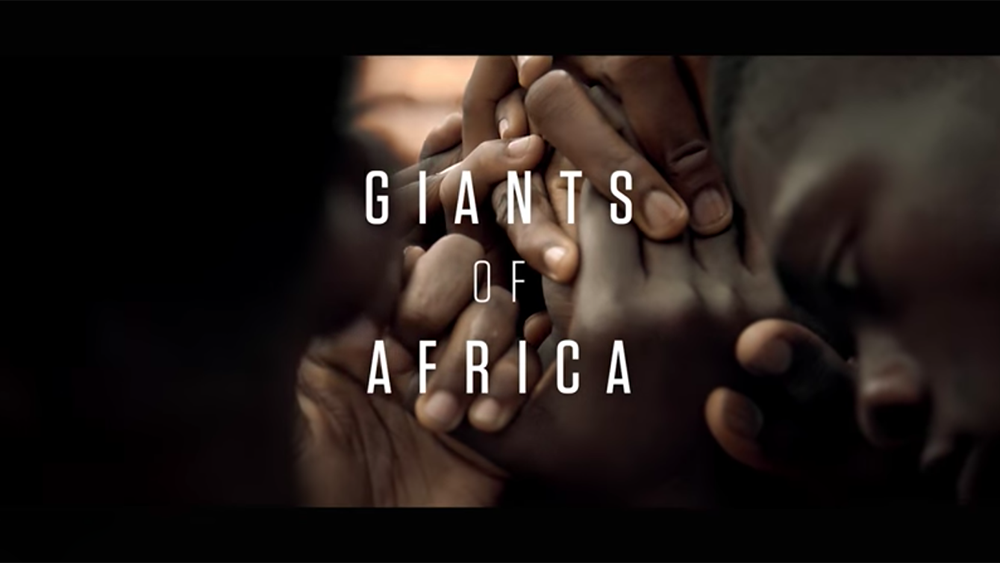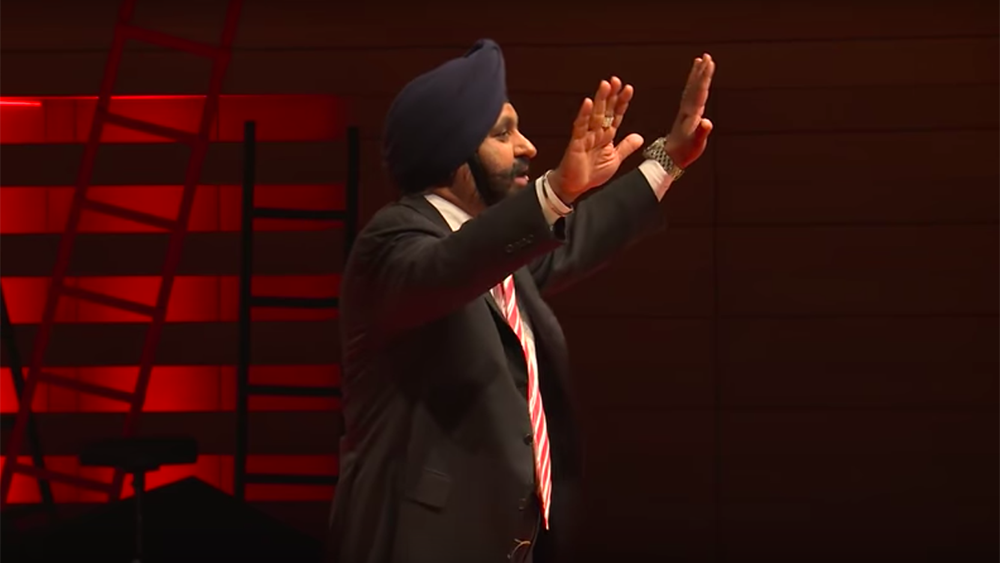CSR in Sports: How Sustainable Thinking Supports Toronto’s NBA Team

For Canada’s pro basketball team, working with stakeholders – on and off the court – leads to sustainable success.
When it comes to sports, much is subjective. Is Michael Jordan the best basketball player of all time? It depends on what city you’re in when you ask the question. Were the 2008 Celtics the first true NBA superteam? Bulls fans of a certain age would probably take issue with that statement.
Another point of contention: when it comes to the impact of a sports franchise on the local economy, the outcome is unclear. A city vying to be the target of a league’s next big expansion touts a story of trickle-down effects and booming benefits for small businesses. But this doesn’t always play out. And, furthermore, if a city doesn’t supply a strong fan base, good management and various greasy wheels to support a team, it’s likely the franchise will eventually move on to greener pastures.
But the Toronto Raptors have a strong history of creating value for stakeholders – the employees, fans and investors who support them, win or lose. For Toronto’s pro basketball club, outreach is becoming more than photo ops and donations. It’s about investing in mutually beneficial relationships and cultural ideas that enrich both the team and the city, and keep engagement with the brand and the sport strong. Sustainability is about making strategic decisions that will ensure your business lives to see another day. Here are some ways in which the Raptors are embracing that philosophy, and creating wins on and off the court.
Increased brand recognition
Until recently, Hogtown was considered an NBA backwater where careers and sponsorship deals went to die. Players frequently complained about the customs challenges that came with playing for a Canadian team, and with having to cross the border frequently – not to mention perceptions about the weather. But with new support from cultural heavyweights like Drake, Raptor marketing efforts have helped establish Toronto as a destination city for players and tourists alike. Take “Welcome Toronto.” Each of the campaign’s six specially themed games this season (complete with court and jerseys adorned with branding by Drake’s clothing company, October’s Very Own) will have the Raptors’ Global Ambassador in attendance. Former Raptor Matt Bonner has said that young players now look forward to visiting Toronto, simply because Drake may be in the arena or about town. The artist has leveraged this to help recruit players to the MLSE family permanently as well.
Although the team’s partnership with Drake and his October’s Very Own (OVO) is certainly lucrative for the hip hop star, it’s also an admirable marketing strategy. Drake and the OVO brand are intrinsically linked to Toronto – that equity is geographically locked, and cannot be relocated to another market. But beyond that, Toronto has demonstrated innovation in its marketing and sponsorship approaches. It has created a dynamic and energetic atmosphere for games that is reflective of our local culture: musical, young, urban, evolving. For players, that has got to be appealing.
Consider, too, Giants of Africa, Raptors GM Masai Ujiri’s basketball charity dedicated to improving the lives of youth around the continent. Every year, the foundation’s gala in Toronto invites hundreds of international players, politicians and artists to celebrate African culture and show off the city. When asked about the significance of the event, NBA legend and philanthropist Dikembe Mutombo had this to say: “To come here and to see what Toronto stands for – a multicultural, international capital of the world – it means a lot.”

Giants of Africa, a documentary screened at the Toronto International Film Festival, followed Masai Ujiri, Toronto Raptors president and general manager, on a journey of philanthropy and inspiration.
New, diverse fans
Some of the credit for the Raptors’ diversity strategy has to go to Toronto’s most famous fan, Nav Bhatia. In 2014, Bhatia spoke publicly about how, a long time ago, he hatched a plan to normalize Sikhs in the broader Canadian consciousness: 1) Buy an obscene number of Raptors tickets. 2) Give them to Sikh people, whether they liked basketball or not. He deeply believed that increasing the visibility and presence of South Asian people, particularly in spaces where they weren’t normally expected, had the power to eradicate subconscious racism. When that started to work, he wondered if bringing South Asian and East Indian people to the same games to cheer together would help them find common ground. So he tried it. He still gives away more free tickets than any individual in Toronto – $300,000 worth every year, to be exact. And he creates a lot of basketball fans in the process, building generations of fans in new Canadian families.
Eventually, the Toronto Raptors realized Bhatia was on to something: they made him the official Raptors Superfan. In truth, he’s the cultural ambassador to Toronto’s South Asian community. Bhatia helps the Raptors direct investments where they will support his smart strategy: he helps to build new basketball facilities in the Peel Region, and will host a celebrity charity game as part of this summer’s Caribana.
The Raptors and Bhatia are using sport as a way to bring us together (if you can’t collectively lose your minds over an overtime win, there’s no hope for the future). And they are gaining valuable stakeholders along the way. A recent Sportsnet poll showed that 10% of new Canadians prefer basketball to all other sports, while only 3% of native Canadians say the same. Soccer is still the favourite sport among immigrants, but it’s important to remember that more than half of Toronto’s population is foreign-born and over one million people migrate to Canada every year. That’s a lot of potential basketball fans – and a demographic that other sports frequently ignore.

Nav Bhatia preaches the Raptor gospel at TedXToronto.
Deeper talent pool
Building goodwill with stakeholders on the ground is a great way to foster a sense of pride and shared ownership. For the Raptors, that also brings special (and sentimental) access to Canada’s burgeoning basketball scene, which is widely considered to be one of the fastest-growing and most talent-rich in the world. Over the years, the Raptors have invested millions of dollars in refurbishing courts in underserved neighbourhoods across the city, earning them good relations with political leaders and the adoration of the city’s children. More recently, the team has become one of Canada Basketball’s most reliable backers, donating money, expertise and world-leading infrastructure to the national program. The strategy is clear: raise a generation of ballers that will one day consider coming back to play for the home team. The Raptors are building emotional connections as steadily as they are building their roster. They understand that long-term value comes from long-term commitment to the local community. Hopefully, the next Andrew Wiggins or Kia Nurse will remember who built their local community centre.
Further reading
Changing Perceptions: from Sikh to Superfan (Ted Talk by Nav Bhatia)
Raptors Fans Were Always “The Other”
Corporate Social Responsibility in Professional Sports: An Analysis of the NBA, NFL, and MLB




